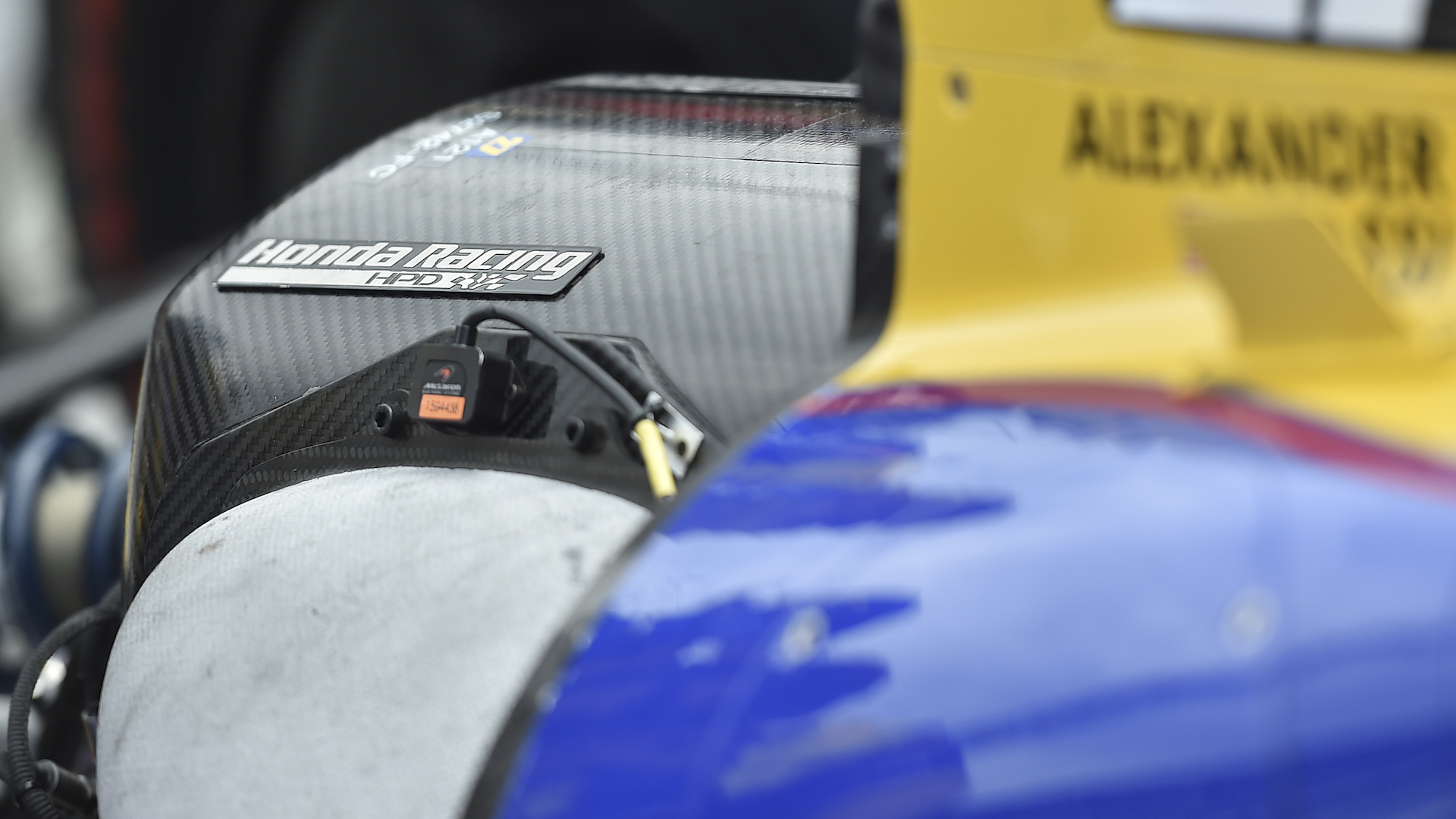

Modern-day IndyCar engines will be overhauled and feature a new configuration by the beginning of the 2021 racing season, which is when the homologation for the current powerplant is set to expire.
The sanctioning body released the news at the Indianapolis Motor Speedway, as qualifications for the 102nd running of the Indy 500 were just getting underway. The announcement claims that the future homologation period will be in place for six years, which means it will expire at the end of the 2026 racing season.

According to IndyCar, a 2.4-liter, twin-turbocharged V6 engine is projected to replace the current 2.2-liter turbocharged unit, and will allegedly generate at least 100 more horsepower. When push-to-pass is used, the new powerplant will generate more than 900 hp in total. IndyCar officials did not specify if parts suppliers, such as Borg-Warner turbochargers, will remain in place for the future configuration, but they did state that executives from Honda and Chevrolet were keen of the new configuration.
“The new engine formula should be exciting for the fans and an interesting technical challenge for Honda Performance Development,” said Art St. Cyr, president of Honda Performance Development. “While the overall architecture remains similar to the current engine, the increased displacement will bring many changes, including a notable increase in power that should please all fans of the sport.”
“The engine formula that will be introduced for the 2021 season will continue to showcase relevant technologies that we incorporate in our production engines,” said Jim Campbell, U.S. vice president of performance vehicles and motorsports for General Motors. “The opportunity to transfer learnings in performance, reliability and efficiency between the racetrack and the showroom is very important to Chevrolet.”

Jay Frye, IndyCar president of competition and operations also mentioned that additional engine manufacturers have been included in the developmental phases of the new-generation engine.
Perhaps what’s most newsworthy about this announcement is that IndyCar will remain non-electrified until at least 2026, which is the exact opposite of what most of the world’s biggest and most important racing series are doing. Is it the right call? Only time will tell.
Stay tuned for more boots-on-the-ground coverage from The Drive from now until the 102nd running of the Indy 500 on Memorial Day Weekend.